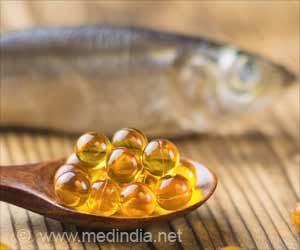Prior research suggests that the predisposition to hypertension can start early in life, even in the womb, and that protection from that predisposition also can start early.
‘Prenatal exposure to higher selenium and manganese levels protect babies from future high blood pressure.’
To prove this fact, researchers analyzed the levels of toxic metals and trace minerals in blood samples drawn from nearly 1,200 women in the Boston area who gave birth between 2002 and 2013.
Blood pressure readings in the children were taken at ages ranging from 3-15 years. Most of the mothers were Black (61 percent) or Hispanic (20 percent).
They discovered that higher levels of selenium or manganese in the mothers’ blood were associated with lower blood pressure readings in their children at clinic visits 3 to 15 years later.
For every doubling of maternal selenium level,children’s systolic blood pressure was found on average to be 6.23 points lower.
“People often assume that exposures to heavy metals such as cadmium occur only in occupational settings, but in fact these metals are all around us–for example, cadmium is found in ordinary cigarette smoke,” says study first author Mingyu Zhang, a PhD candidate in Mueller’s research group.
They also observed that manganese had a stronger inverse relationship with childhood blood pressure. Manganese lowers blood pressure in part by countering a blood pressure-raising effect of cadmium.
Manganese and selenium have antioxidant properties and are found in a variety of foods including nuts and grains, leafy vegetables, fish and shellfish.
This study published in Environmental Health Perspectives highlights the importance of nutrition and environmental exposures in the womb for a child’s cardiovascular health.
Continuing the research further in other birth cohort studies can eventually lead to updated nutritional guidance and environmental regulations aimed at preventing cardiovascular disease.
Source: Medindia



